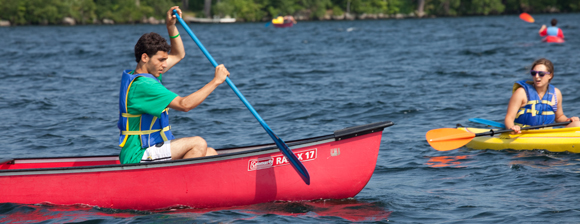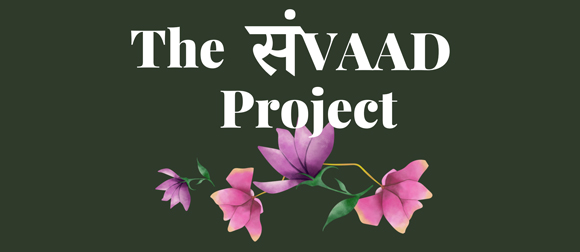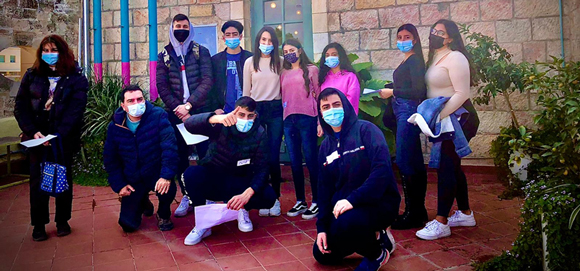Today is the 20th anniversary of the killing by Israeli police of Asel Asleh, a 17-year-old Seed who first attended the Seeds of Peace Camp in 1997. Below is a tribute to Asel written by Seeds of Peace co-founder Bobbie Gottschalk. Learn more about Asel, his life, his killing, and his legacy at www.seedsofpeace.org/asel.
Asel initially had a hard time finding a role for himself at the Seeds of Peace Camp. As a Palestinian citizen of Israel, he felt Jewish members of the Israeli Delegation distrusted him, and as a member of the Israeli Delegation, so did Palestinians.
He asked me to help him. As a clinical social worker, I had always tried to help people capitalize on their strengths, rather than focus on their perceived weaknesses. So, I told him that he was in a perfect position to be a “bridge person.” In other words, since he was part of both groups, he could help them understand one another. This designation immediately gave him a role at Camp. He took it on and ran with it.
Asel made friends from all delegations. After Camp he stayed in touch with them by visiting and writing to them regularly. He even organized AOL chats late at night where they joked and teased each other, as well as debated serious political subjects.
Asel also wrote prolifically in Arabic, Hebrew, and English. Eventually, he wrote essays that were either published in our magazine, The Olive Branch, or sent to everyone on a listserv that appeared daily in all the Seeds’ email inboxes. His writings inspired others to respond to his essays. Eventually, the work involved in posting the letters written by Seeds from all over the world became too burdensome, so I took it over as an official Seeds of Peace project called SeedsNet. SeedsNet went on for eight years and only stopped when Facebook became popular.
Asel once asked me what he could do to make himself an interesting person. I was surprised that he didn’t think he was interesting already. I suggested that he start by reading some of his parents’ books and newspapers and sitting in on conversations his parents had with visitors to his home. Not long after that, Asel began to discuss the ideas of various philosophers and I could barely hold up my end of the conversation.
Another time, Asel told me that his high school seemed really boring to him. I asked him if he had any other options. He didn’t think so. Soon after, I just happened to meet Father Elias Chacour from Ibilin, the next village over from where Asel lived. He ran a Christian school in Ibilin. I asked him if he would accept a Muslim student from Arrabe. He said he might but first he wanted to meet him. Asel did go to meet Father Chacour and was immediately accepted to that school, where he excelled until his killing about two years later.
There were two lines from a poem by the 13th-century poet Rumi that seemed to perfectly describe Asel’s view of humanity. When I told him about it, he said he could totally identify with that perspective. Asel used it almost as a mantra from then on, using it in an essay he wrote, called “Peaceful Thoughts” and in many other writings.
Out beyond ideas of wrong-doing and right-doing, there is a field. I’ll meet you there.
If you’re a part of the Seeds of Peace community, you’ve likely heard these words in one way or the other—through songs, the name of our organizational newsletter, on countless messages sent between campers, and on a sign next to the sports field at Camp which is visible to everyone every day, where a group of 2008 Campers painted “This is the field” in memory of Asel. Before Asel, those lines in Rumi’s poem had no relationship to Seeds of Peace.
Asel’s story resonates with so many Seeds and their eye-opening experiences at Camp. They are all faced with decisions about how they will live together with people they have been taught to fear and distrust, even hate. His legacy is to encourage us all to go beyond blaming and threatening, beyond head-coverings and other outward differences. Instead we should look for the essential human being in every person and relate to that person, not to the costume or the reputation of their group identity.


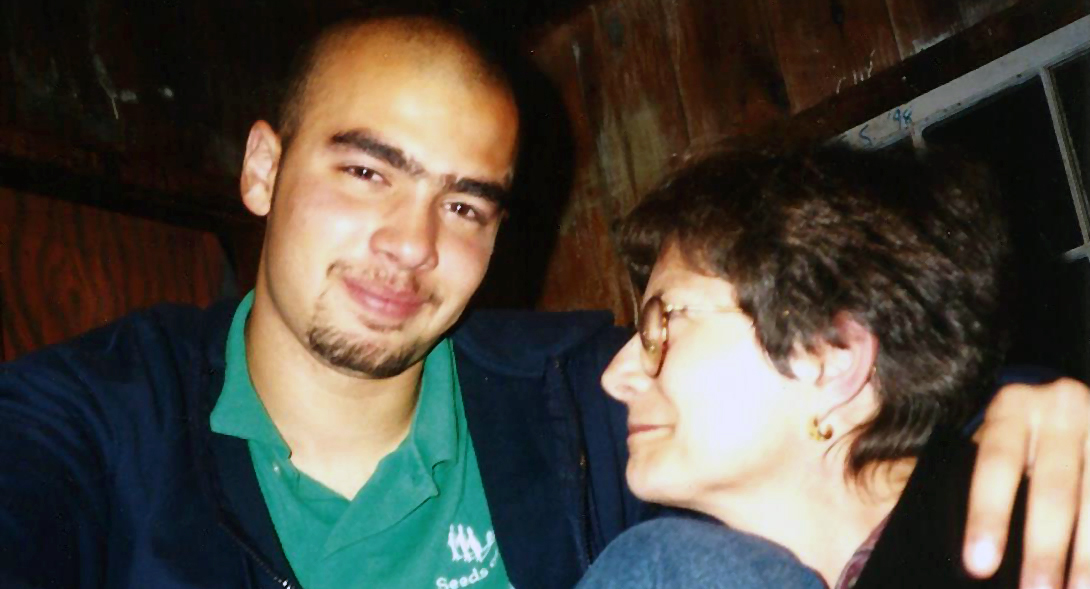
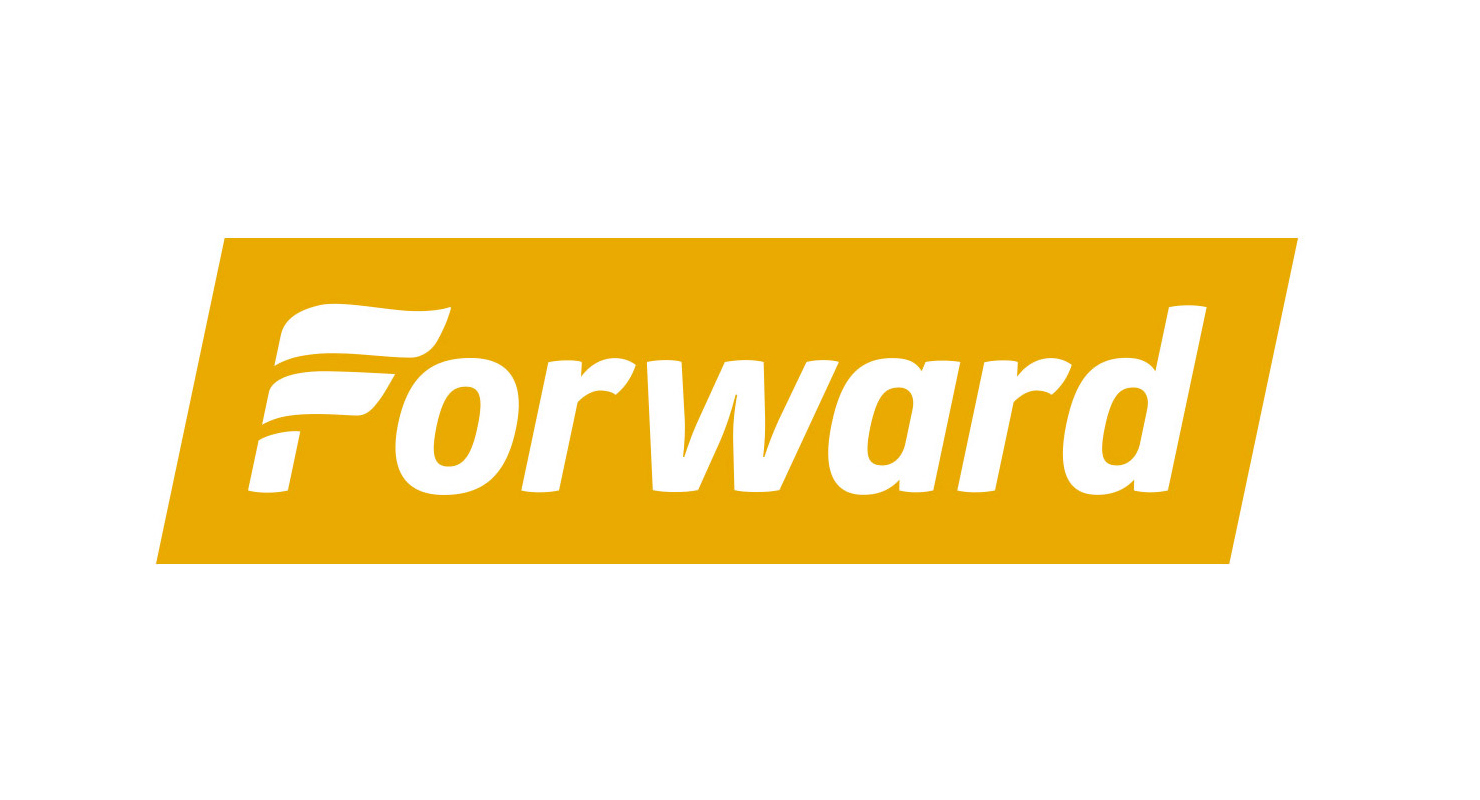
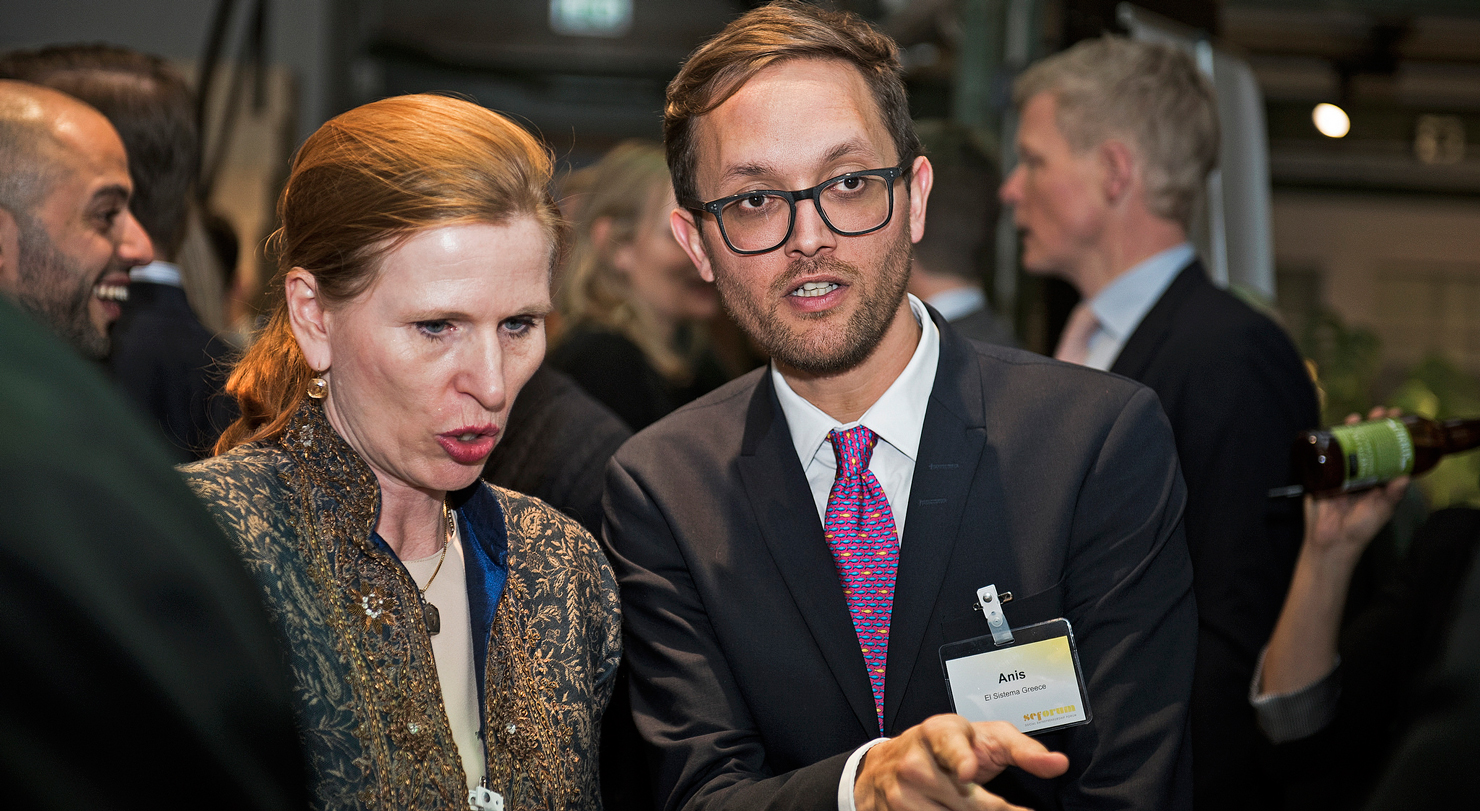
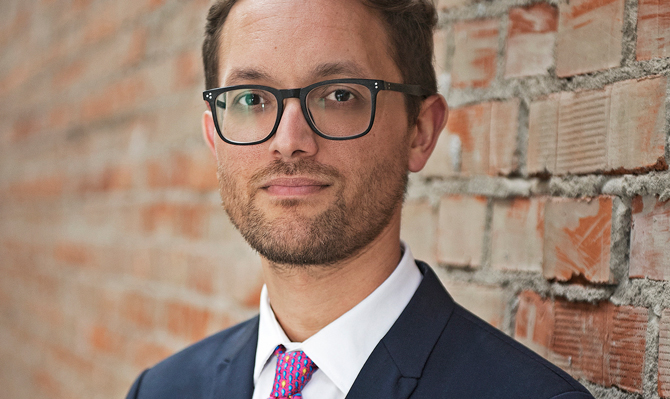
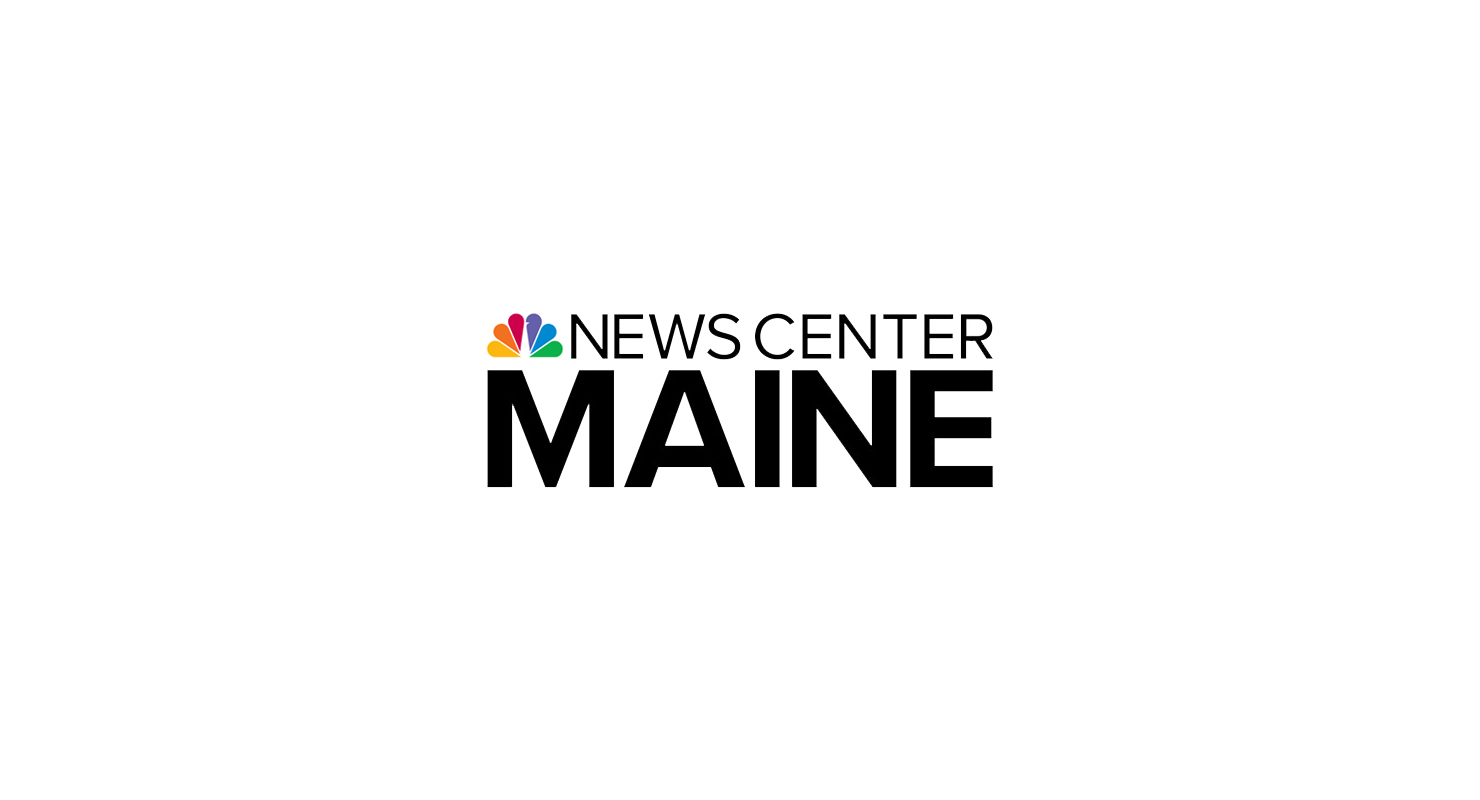
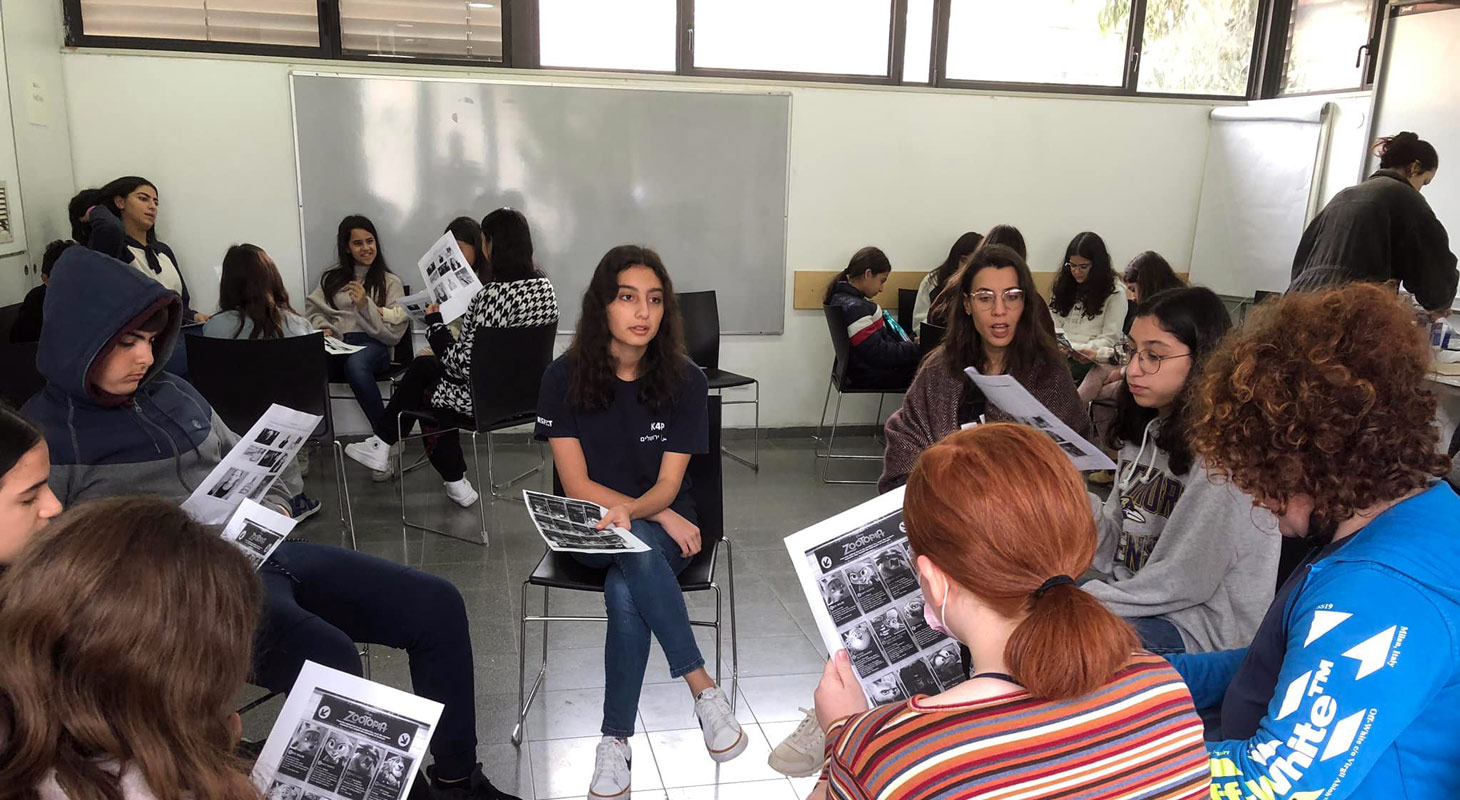
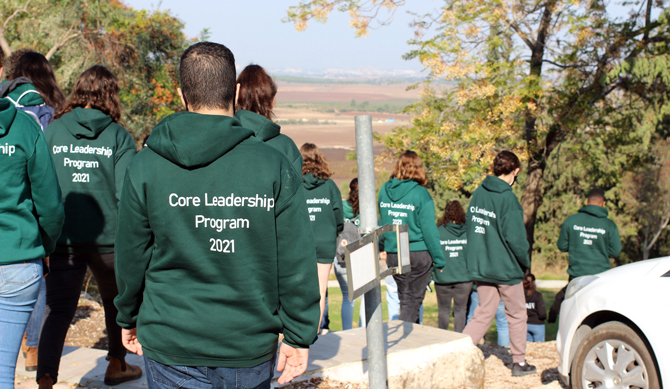
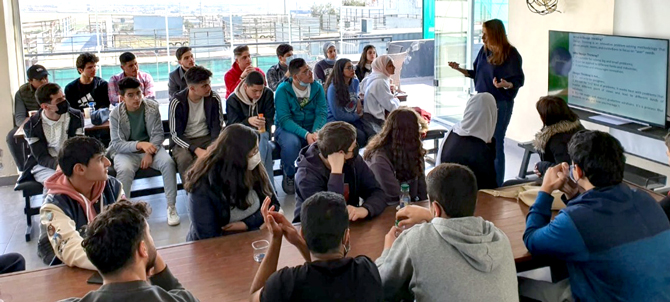
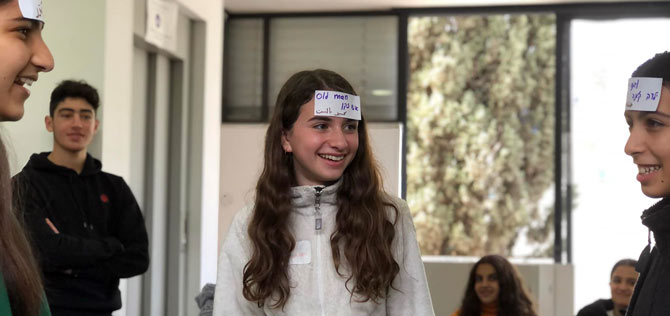
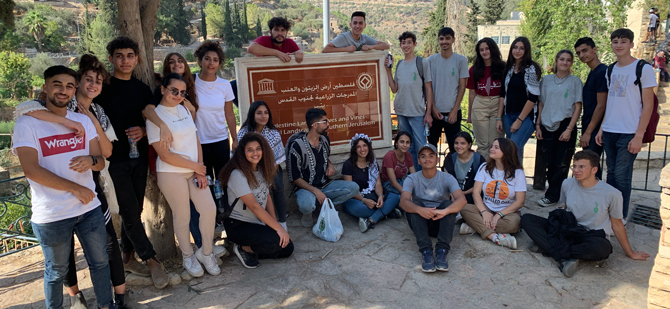
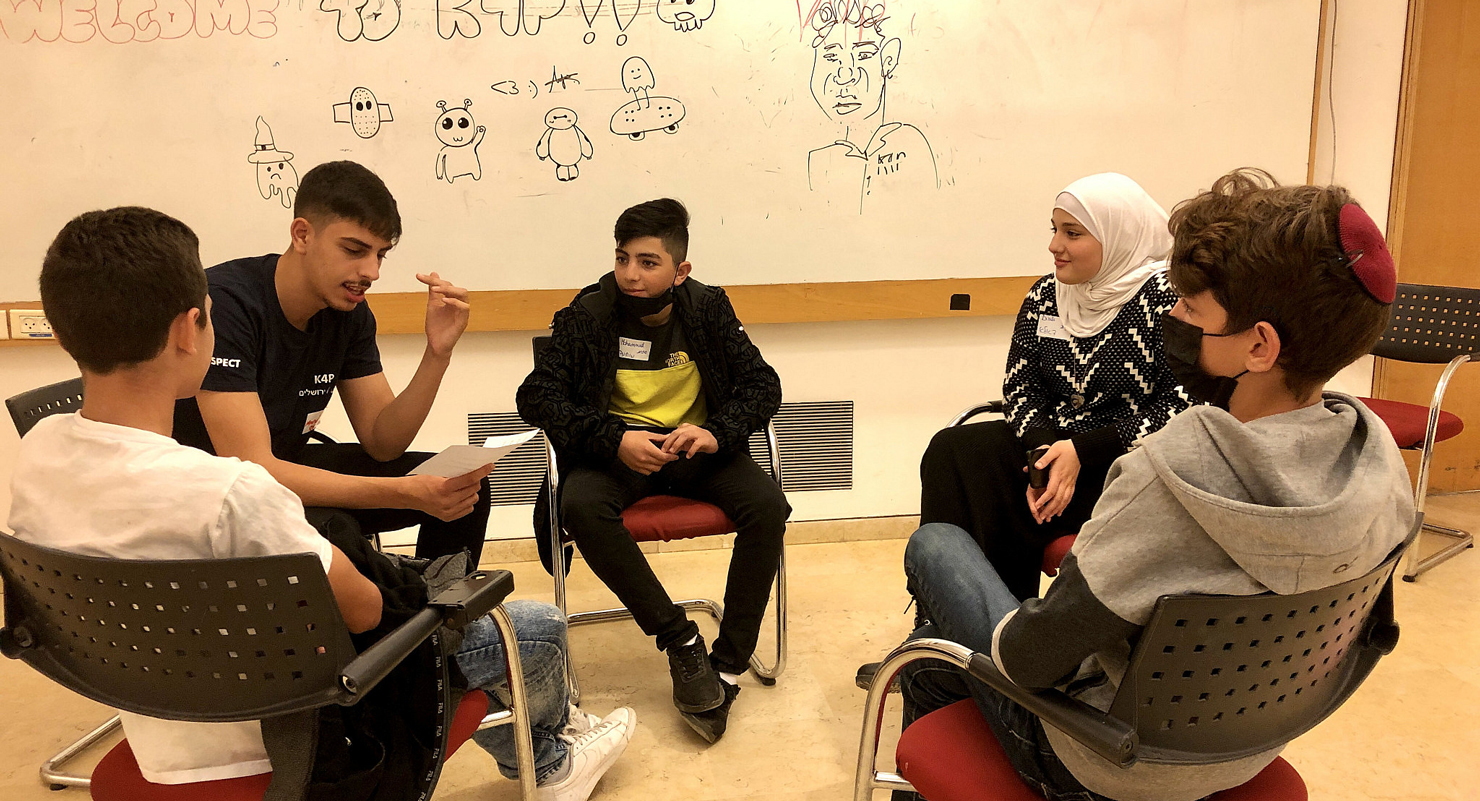
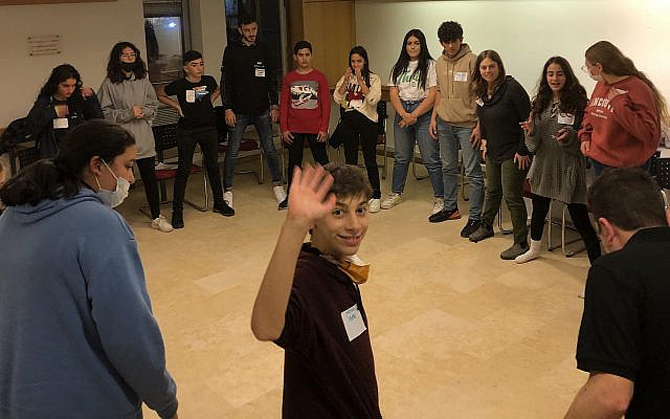


 As we step into spring, I am feeling hopeful. The days are getting longer, the kids are dreaming of getting off Zoom for the summer, and steadily increasing rates of vaccination give us a tantalizing preview of a world where COVID-19 is under control.
As we step into spring, I am feeling hopeful. The days are getting longer, the kids are dreaming of getting off Zoom for the summer, and steadily increasing rates of vaccination give us a tantalizing preview of a world where COVID-19 is under control. 
